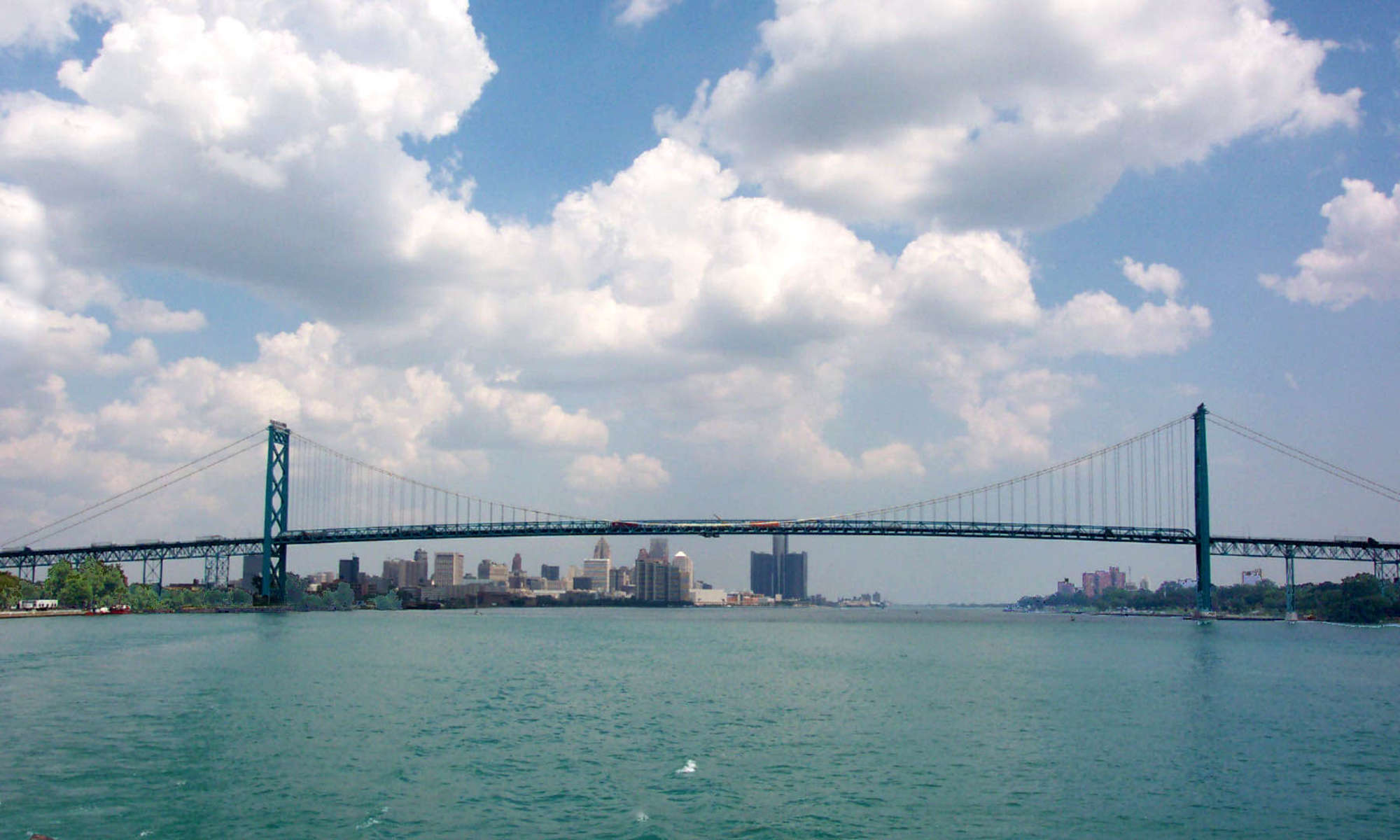Pope Benedict XVI has announced that he will resign the papacy February 28, 2013. His resignation is the first papal resignation in approximately 600 years. His announcement was delivered entirely in Latin. Using a dead language to deliver his message was symbolic–since his excuse for resigning made no sense–why not deliver the message in a language no one understands?
First it’s important to note that while he is resigning as Pope, he apparently has no plans to leave the Vatican. Benedict’s plans to live in a convent in the Vatican post-resignation can only be for one reason: an attempt to gain personal immunity from criminal prosecution or civil suit. In 2010 Benedict was named as a defendant in a lawsuit relating to events in 1995 when he was a Cardinal.
The lawsuit alleged that Benedict was fully aware of sexual abuse by members of the Catholic clergy against children at a school in the United States catering to deaf children. The lawsuit alleged that he played a part in a cover-up of the abuse. Lawyers for the Pope argued that Benedict’s position in the Vatican shielded him from claims for damages based upon the actions of abusive priests. The legal issue was never fully argued or settled. But Benedict was dropped as a defendant in the lawsuit. His anxiety from that legal episode may still linger in his mind.
Pope Benedict claims that the reason for his resignation is that he is old and tired. How that sets him apart from any other Pope over the last 600 years is not certain. He claims that the state of his health prevents him from carrying out his duties. His predecessor Pope John Paul II lasted 25 years as Pope; survived 2 assassination attempts, one of which resulted in severe physical injury, 4 or 5 different types of cancer and still continued his term, suffering from Parkinson’s disease until the date of his death. At times John Paul II could hardly sit up. He would slump sideways in his chair and struggle to speak in audible tones but he didn’t resign because of health conditions.
Benedict looks and acts positively spry by comparison. All of which leads one to question the real reason(s) behind his resignation. Is he physically unable to perform his papal duties? Or, would he just prefer not to? And, does his plan to continue to reside in the Vatican signal a real concern that victim rights advocates around the world who are openly calling for his prosecution are perceived by him as a real threat?
The question of whether or not the Vatican compound actually provides him with immunity from prosecution has never been tried. In legal terms, Papal Privilege has never been recognized as a privilege barring prosecution. A geographical location, even one as prestigious as the Vatican, has never cloaked anyone in protection from prosecution or civil suit. So why stay there? Certainly not for the measly €2500 per month he allegedly will receive if he remains confined in the Vatican?
If it’s a plan, it’s a half-baked plan! While the thought of an ex-pope sitting in a courtroom as an accused criminal or as a defendant in a civil action for sexual abuse is unsettling, in this highly litigious world it is certainly possible. And, apparently at least one Vatican official, anonymously of course, told Reuters that Benedict’s decision to live inside the Vatican is for that very reason–to protect him from legal action. Perhaps Benedict fears these anonymous Vatican spokespersons who always seem to have a newsworthy quote calculated to embarrass the Pontif. One thing is certain. Pope Benedict’s decision to resign after only 7 years is historic.
It is the first papal resignation in almost 600 years. The last Pope to resign was Gregory XII. Like Benedict, Pope Gregory was only 10 years into his tenure. His resignation, however, apparently had a noble aspect to it. There were 3 vying factions of the Catholic Church and each faction had selected a separate candidate as a possible successor. Gregory’s resignation was accompanied by a plea that the various factions select one successor they could all support. If Benedict’s resignation is more about self-preservation than a true concern for his ability to carry out his duties, it is the pure antithesis of a noble act.
Let the political infighting begin. The electoral body known as the Sacred College of Cardinals will meet in enclave in the Sistine Chapel. There they will argue and fight and vote. These Cardinals are not known as a genteel group. Political advantage in the Church goes to those who successfully select a successor favorable to them.
In this age of the bulletproof Pope-Mobile it is easy to forget there are many ancient rituals involved in selecting a new Pope. Many of the rituals date back to the Middle Ages. The ballots are secret. The world waits for white smoke from the chimney signaling a new successor. When Benedict was appointed, the smoke was gray. No one knew what to make of it. Was it really black with just shades of gray? Or was it actually white with shades of black? Let’s face it, Benedict started his reign with confusion, why not end it the same way?
